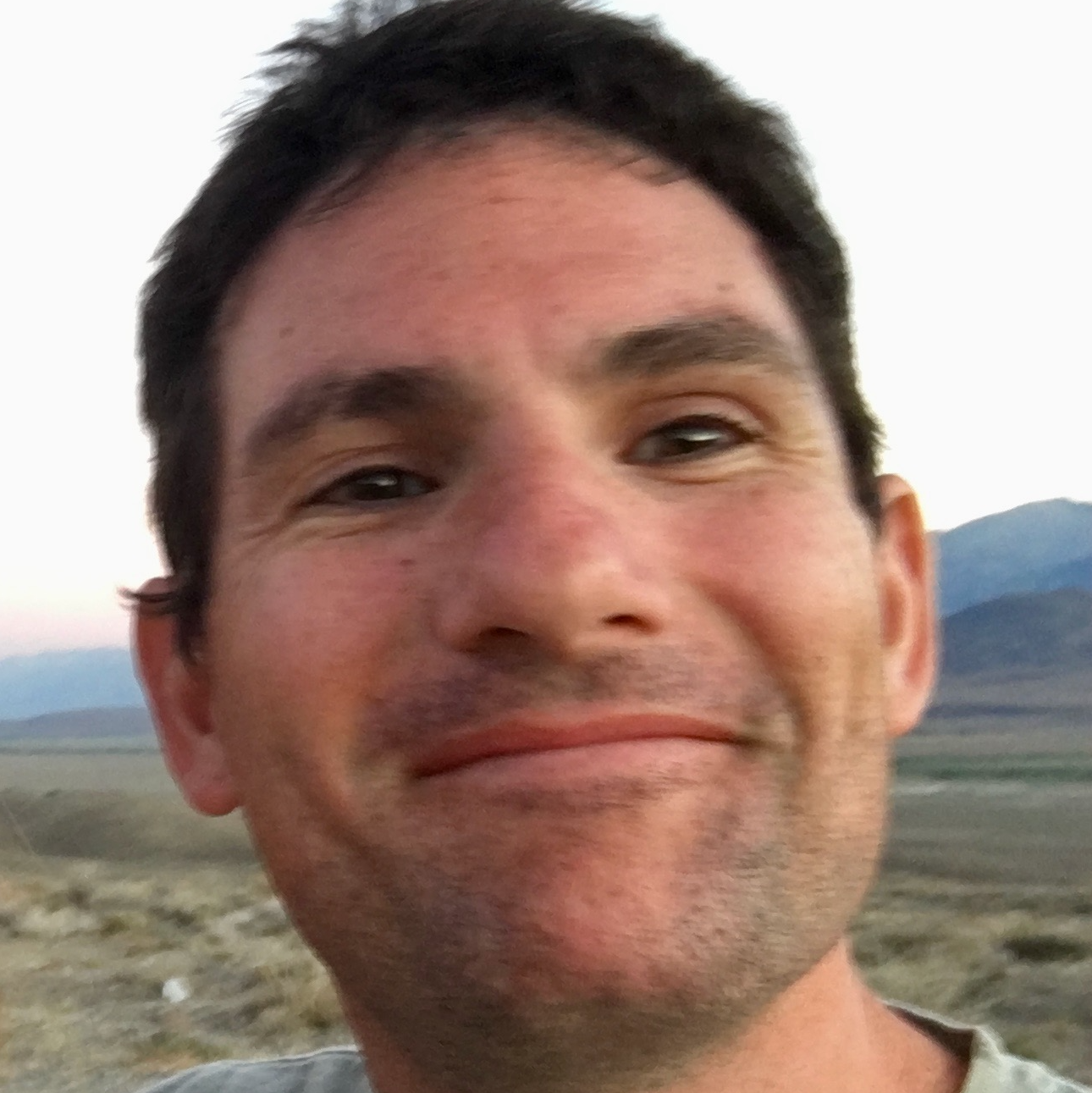
John Naliboff
Assistant Professor
Earth and Environmental Science
- [email protected]
- MSEC 356
- CV
- Google Scholar
Gradudate Opportunities in Computational Geophysics
I am always looking for motivated and qualified graduate students. At present, I have funding available for one graduate student looking to pursue a PhD in computational geodynamics and lithospheric dynamic. Potential research topics include, but are not limited to:
- The effects of structural inheritance and surface processes on the evolution of the Gulf of California
- The origin and upper mantle seismicity, surface volcanism, and active tectonics in the Hikurangi Subduction Zone
- Development of new open-source numerical methods for modeling non-linear lithospheric deformation
If you are potentially interested in any of these projects, please contact me directly!
Research Interests
My research interests center on using computational geodynamcis to elucide the processes controlling deformation of the lithosphere and convecting mantle. Inherently, such investigations are highly interdisciplinary, and I collaborate closely with colleagues across a wide range of disciplines, including structural geology, observational geophysics, geochemistry, and applied mathematics. At present, current active research focus areas incldue:
- The dynamic of continental extension and breakup
- Development and propogation of normal fault networks
- Two-phase flow, hydrofracturing, and volatile transport within the Earth's interior
- Regularization techniques for brittle failure with adaptively refined meshes
- Image processing and novel statistical comparisons between computational and natural data sets
Recent Publications
Naliboff, J.B., Glerum, A. Brune, S., Péron-Pinvidic, G., and Wrona, T. (2020), Development of 3-D Rift Heterogeneity Through Fault Network Evolution. Geophysical Research Letters, 47, e2019GL086611. (link)
Peron-Pinvidic, G., and Naliboff, J.B. (2020), The exhumation detachment factory, Geology, 48(6), 635-639. (link)
Naliboff, J.B., Buiter, S.J.H., Péron-Pinvidic, G., Osmundsen, P.T., and Tetrault, J. (2017), Complex fault interaction controls continental breakup. Nature Communications, 8(1179). (link)
Teaching at NMT
- Earth Processes - GEOL 1110 (Fall, 2020)
- Computational Methods for Geoscientists (ERTH 401/501, Spring 2021)
Active Funding Awards
Collaborative Research: Development and Application of a Framework for Integrated Geodynamic Earth Models (co-Principal Investigator), Funding Source: NSF (Frontier Research in Earth Science), New Mexico Institute of Mining and Technology Award Amount: $355,780, 5 years